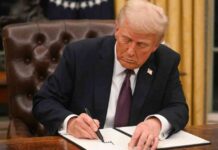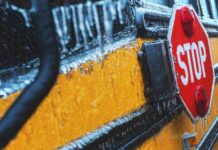In terms of legends, France is no exception. Once made taboo by the Christianization of society, the magic and mysteries of the paranormal have made a comeback in the hearts of the French in recent years. What if you set off to discover the places in France where the most mystical stories were born, sometimes centuries ago?
The legends have not said their last word. Throughout France, centuries ago, stories of magic, witches and demons, ghosts and miraculous fountains were exchanged, in pure oral tradition.
The arrival of Christianity in France has changed the situation somewhat, and stories have become rarer. But the mystical heritage of the country and its regions is nonetheless present.
Haunted castles, goddesses and druids, magical forests and cursed cities… Discover in our slideshow 11 unusual and enchanting places to visit during your holidays.
Even though religion has gradually taken the place of pagan beliefs, many French people are very interested in the occult sciences today.
Thus, an IFOP poll carried out in May 2022 indicated that a third of the inhabitants of France considered themselves to be “superstitious”. The figure is up 7 points compared to 1990.
The same study reports that 7 out of 10 French people consider themselves unlucky, and that nearly 70% of respondents “believe in at least one positive superstition”: four-leaf clover, knock on wood, see a shooting star…
For 20 years, all paranormal beliefs have seen a serious gain in credibility: “belief in astrology has seen a jump of 11 points (44%), deciphering the lines of the hand has seen its number of followers increase by 15 points, witchcraft by 11 points and clairvoyance by 14 points (32%)”, specifies the IFOP study.
“If France has always been a country imbued with many popular beliefs, the matrix of the materialistic and hyper-rational post-war society seems to be crumbling in favor of a more spiritual society where the various beliefs that have long been taboo are increasingly and more assumed.”, advances for her part Louise Jussian, in charge of the study within the polling institute.





















